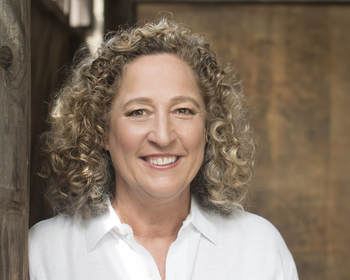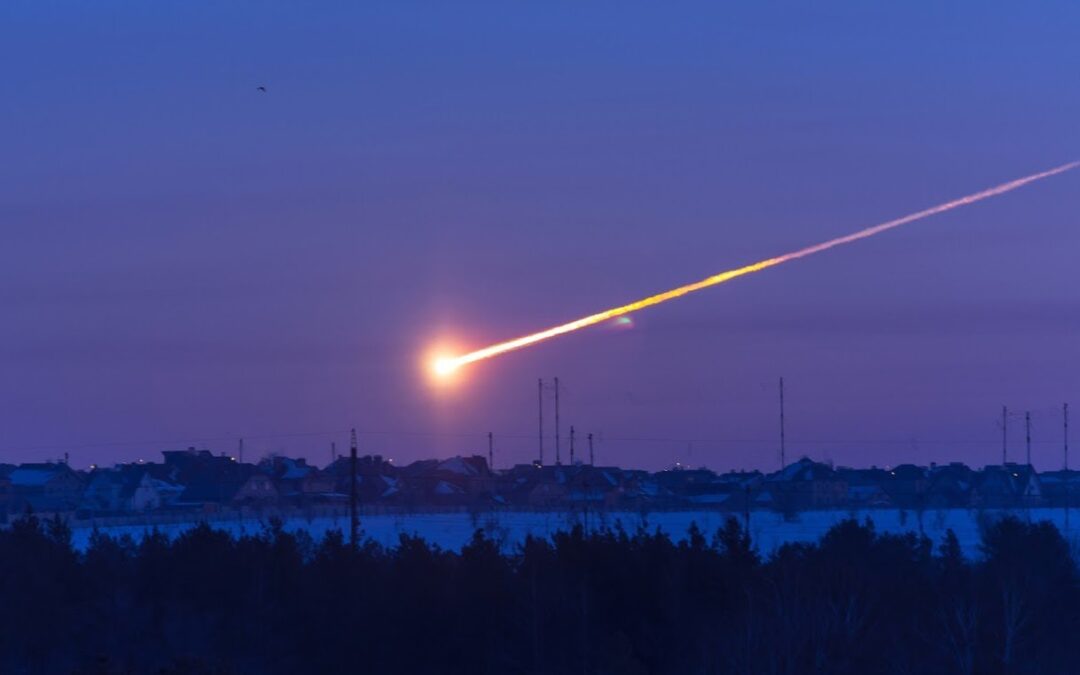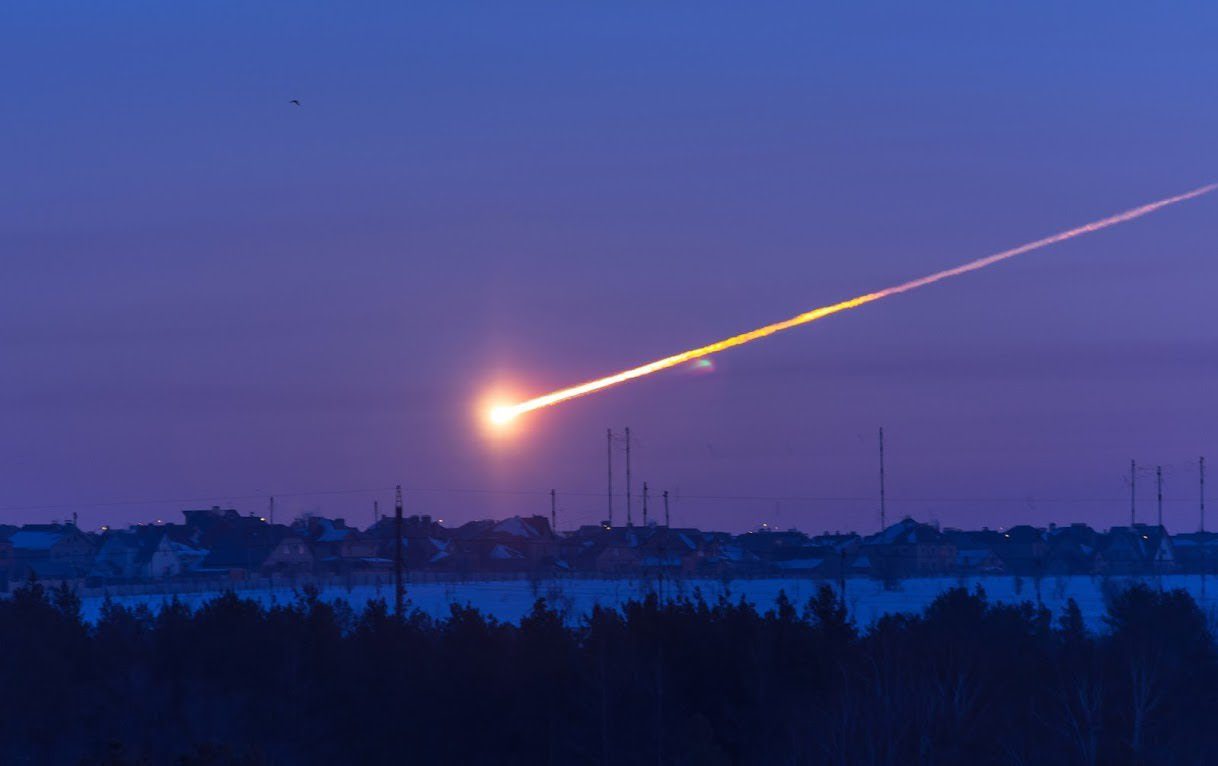 B612 Foundation President Danica Remy. Courtesy image.
B612 Foundation President Danica Remy. Courtesy image.
The film is largely remembered for two reasons: it raked in more than $550 million at the box office, and it was laden with laughable, “fantastically inaccurate” science. But while the film is punchline-worthy, the actual threat posed by asteroids impacting our planet is not – there are 10,000 known near-Earth asteroids that cross near our planet and occasionally hit it – and likely millions more.
The race is on to identify all those asteroids that could impact Earth, and Danica Remy, a fourth generation Marinite and a 43-year Mill Valley resident, is among those leading that effort. Remy is the president of the B612 Foundation, an organization that was co-founded by Apollo 9 astronaut and former Tiburon resident Russell “Rusty” Schweickart in 2002 and named after the asteroid in Antoine de St. Exupéry’s story The Little Prince. Remy works out of B612’s downtown Mill Valley office, while some of her colleagues work at offices in Menlo Park, Los Angeles, Berkeley, Boulder, Colo. and around the world .
Any doubts that the threat was real were wiped out five years ago this month. On Feb. 15, 2013, a small asteroid – approximately 20 meters in diameter – “exploded in an airburst creating a shockwave that injured over 1,500 people and damaged 7,000 buildings across six cities in Western Russia (footage here). Our work at B612 and the research carried out at our Asteroid Institute will help predict these surprises in the future,” Remy wrote in a recent blog post.
“Our job is to find the asteroids before they find us, because if you don’t know where they are, there’s nothing you can do about it,” the organization says in the video clip below.
The map, dubbed ADAM (Asteroid Decision Analysis & Mapping), represents a pivot by B612 from its Sentinel Mission, a fundraising campaign to launch a space telescope dedicated to finding those hundreds of thousands of near-Earth objects. That effort became redundant when the LSST, a “large synoptic survey telescope” on a mountaintop in Chile mountaintop site that represents a thousand-fold increase in capability over current facilities, was funded.
“We don’t care where the data comes from – we just want the data to know where the asteroids are,” says Remy. “When we launched five years ago, there was no opportunity to get that range of asteroids. Now that there is, we’re building a cloud-based software platform to leverage all of the data that is coming in from LSST so that we can start to build a dynamic map and track and predict their path. We’re basically building an orbit propagation tool, which goes well beyond just identifying these asteroids.”
“The thing about our work is that it is truly global and it’s going to require a global response and global coordination,” she adds.
But for Remy, there’s also a local aspect to her work, especially living in Mill Valley. “I always love to talk about asteroids,” she says. “There are a lot of folks in town who work in the tech industry and who have a deep sense of doing right by humanity. Mill Valley is one of those unique places where people think local but a good portion of our community really does have a global grasp of things that have a really deep impact – no pun intended!”
Remy and her B612 colleagues are already ramping up their plans for Asteroid Day, an Earth Day-style event designed to raise awareness of the potentially catastrophic risk of an impact. The event is held worldwide each year on June 30, the anniversary of the Siberian Tunguska event in 1908 that was the most harmful known asteroid-related event on Earth in recent history. Remy co-founded the event along with Schweickart, filmmaker Grigorij Richters and Brian May, Queen guitarist and astrophysicist.
Remy says Asteroid Day 2018 will be the largest single-day space event in the world, featuring 24 hours of asteroid-related programming via satellite and on the web and social media. In Mill Valley and beyond, the event is an opportunity for astronomy clubs and school groups to participate, Remy says.
“It would be fabulous to see people here in town host their own Asteroid Day events,” she says.
The 411: B612 Foundation is entirely funded by private donations. MORE INFO.


